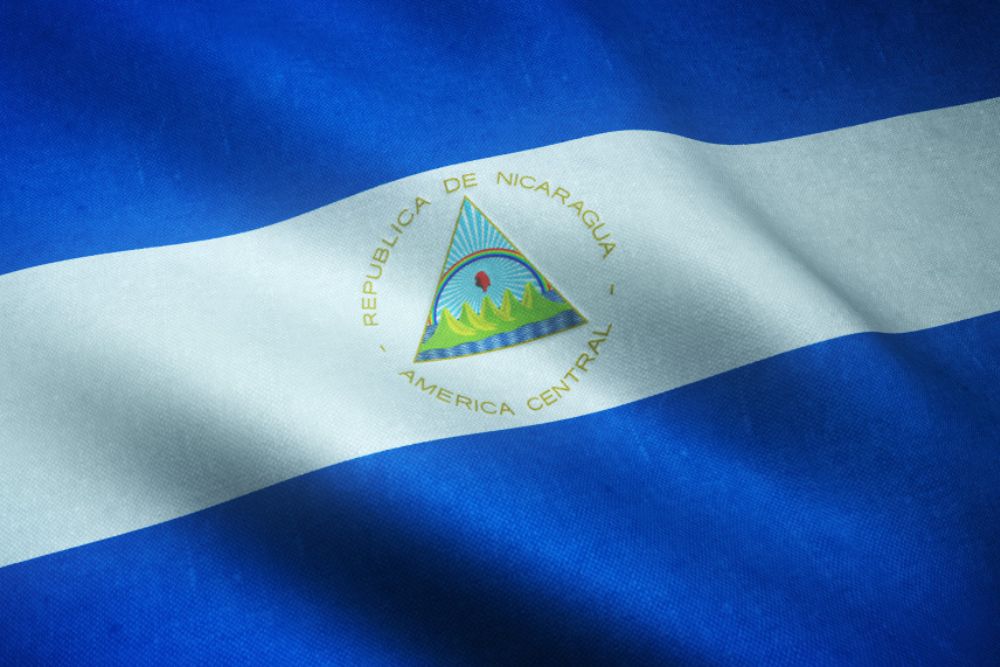The ICJ calls on the Nicaraguan authorities to take immediate steps to restore the rule of law and democratic principles, and end systematic violations of human rights in the country. The authorities must immediately release all persons arbitrarily detained, including political prisoners and ensure that people are able to exercise their human rights and fundamental freedoms.
Those responsible for human rights violations must be brought to justice and persons suffering violations must be afforded access to effective remedies and reparations. The Nicaraguan authorities must also respect judicial guarantees and procedural safeguards for all persons subject to arrest and detention, charged with a criminal offence or otherwise subject to a criminal investigation. In particular, authorities must guarantee access to the courts at all times for those in detention and the right to a fair trial by a competent, independent and impartial tribunal established by law, as set out in Articles 9 and 14 of the International Covenant on Civil and Political Rights and articles 7, 8 and 25 of the American Convention on Human Rights.
Equally important, authorities must cease to use criminal law as a tool to intimidate, obstruct or impede the free enjoyment of human rights of persons disfavored by governmental authorities, including human rights defenders and members of civil society organizations.
“While the ICJ welcomes the liberation on 9 February of more than 200 arbitrarily detained prisoners, we are concerned they have been subject to serious human rights violations and have effectively been forced into exile in the United States,” said Ian Seiderman, ICJ Legal and Policy Director. “The choice between prison or exile for exercising rights is unacceptable,” added Seiderman.
The ICJ is concerned that the Chamber One of the Court of Appeals of Managua (Sala Uno del Tribunal de Apelaciones de Managua) has declared that those “deported” were “traitors to the country” (traidores de la patria) and their citizenship rights have suspended for life. On the same day, Nicaraguan National Assembly, through Law 1145, has authorized to revoke the citizenship of those identifies as “traitors.”
Thus, the ICJ calls on the Nicaraguan authorities to comply with their international obligations to guarantee human rights, including rights to nationality, to freedom of movement and to be able to return to the country without fear of persecution or risk of human rights violations. With regard to the right to nationality, as the Inter-American Commission of Human Rights has asserted, it is worth nothing that the “arbitrary deprivation of citizenship particularly as a politically motivated punishment is a violation of international human rights law”.
Background
The human rights crisis in Nicaragua has intensified since 2018, with the widescale crackdown on those exercising their fundamental freedoms, including through social protests. The repressive actions in the context of the 2018 protests left more than 200 people dead, many through extrajudicial killings, and more than 1,300 injured, as documented by the Inter-American Commission on Human Rights. The breakdown of the rule of law in the country has continued with unlawful limitations on the exercise of rights in the civic space. Hundreds of human rights defenders, journalists and political activists were threatened, prosecuted, unlawfully detained and ill-treated, and some have had to flee the country. Political parties, human rights and development organizations and media outlets were also forced to close.




